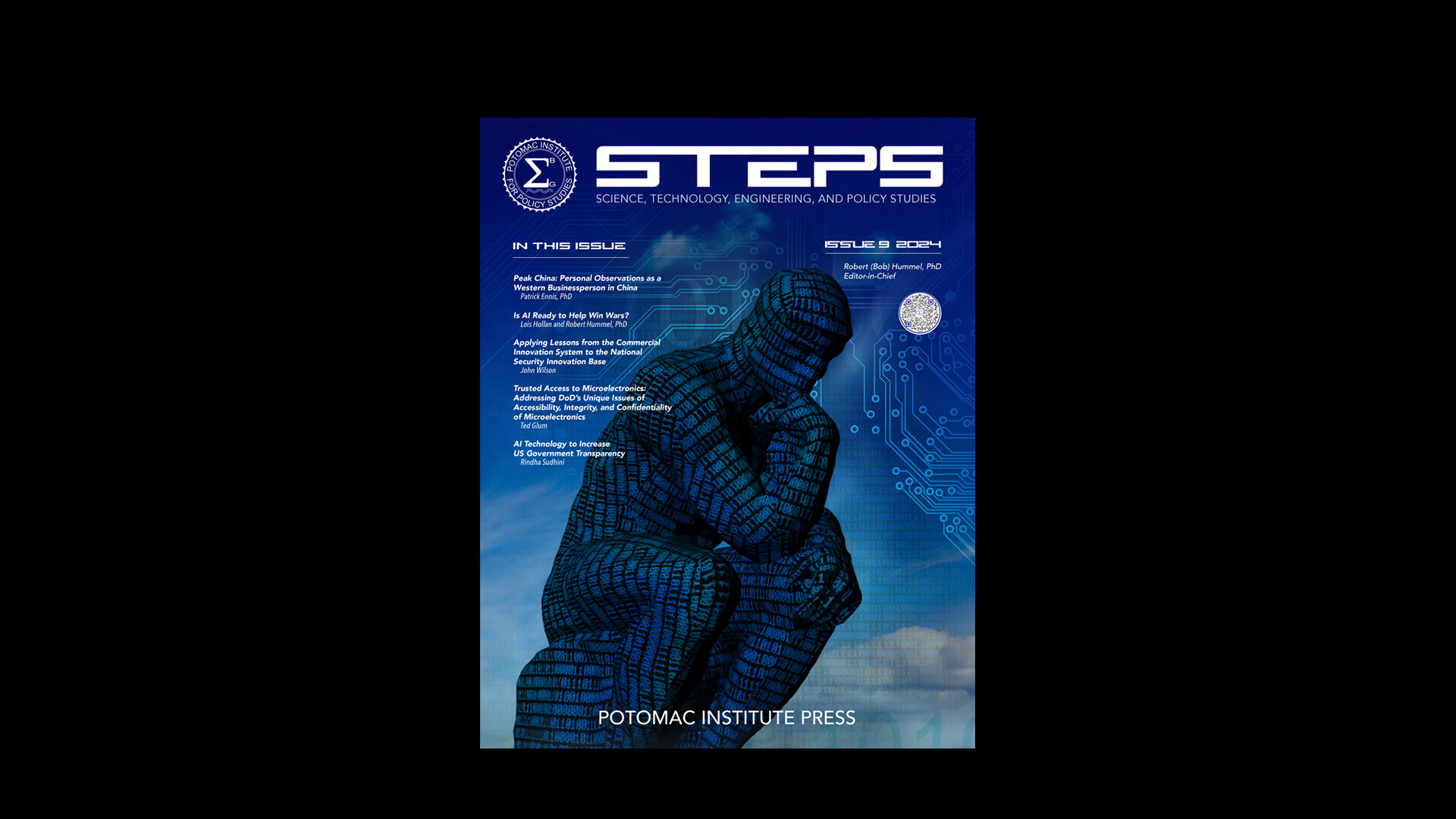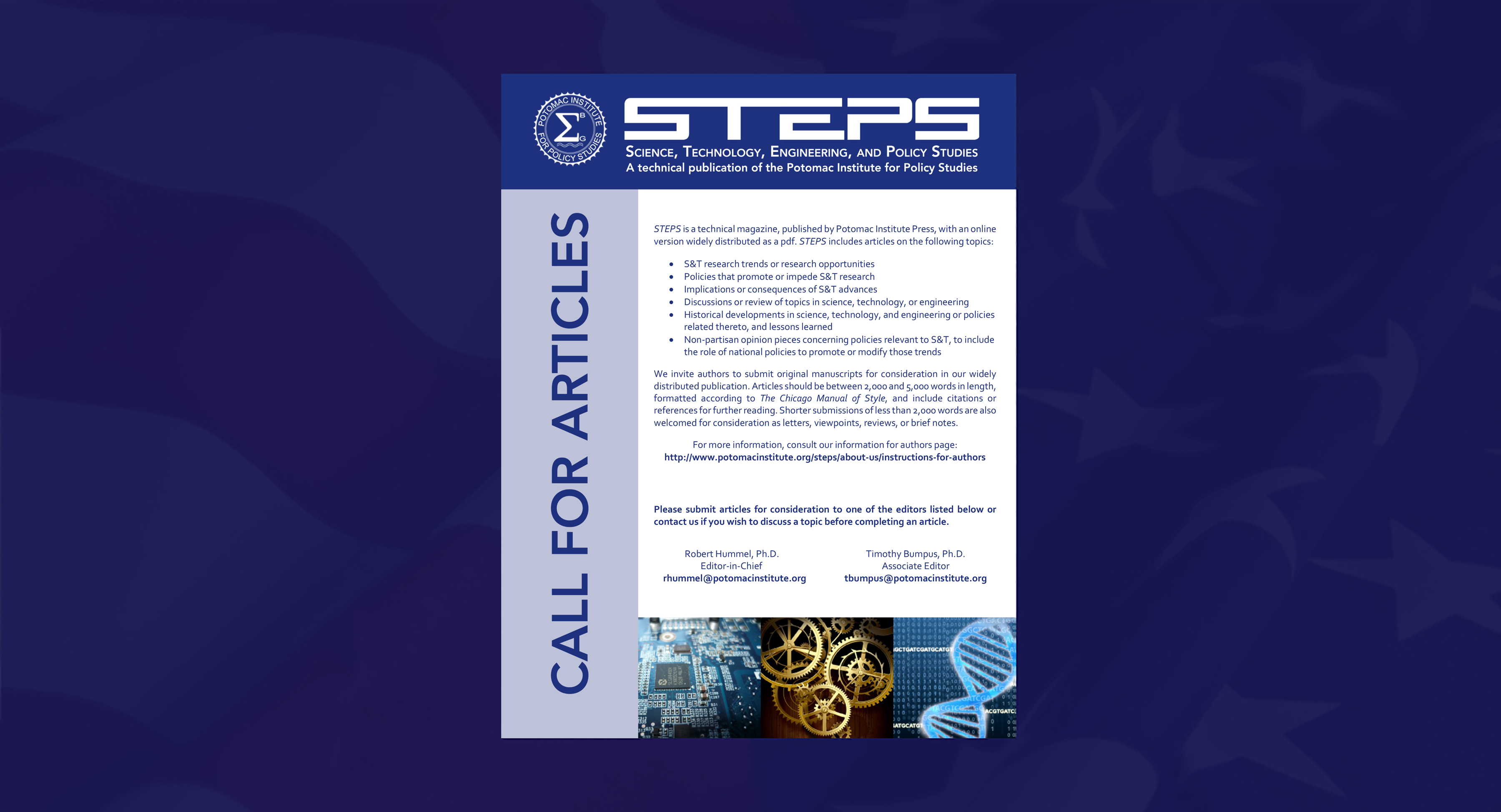by Jennifer McArdle
Are we entering an era of ‘informationized power brokers?’ In dystopian science fiction futures, books like Red Mars have presented futures where transnational corporations wield as much, if not more, power than states. The convergence of big data, psychology, and neuroscience (i.e. cognitive security) may help enable that reality, creating new ‘informationized power brokers’. Internet sites and social media platforms like Google, YouTube, and Facebook, have amassed immense amounts of data on individual users, in some cases up to 1,200 pages of data on a single person. This data, when combined with behavioral science and analytics can effectively model human behavior; providing these new ‘informationized power brokers’ the ability to ‘social engineer human behavior.’
Corporations have long used advertising to influence consumer behavior. The advent of the printing press helped spawn weekly print advertisements in newspapers and periodicals in the 17th and 18th centuries. However, what is fundamentally different now, is that corporations can uniquely cater their message to an individual based on their data profile. In a much-publicized 2012 media story, Target was able to identify a pregnant teenage-girl before her father, simply based on her consumer Internet search history. Internet search data when combined with the power of behavioral science can reveal very unique things about individuals, even life-changing events, like pregnancy. But what power, besides more influential advertising, does this really give corporations? Why does this make them potential ‘power brokers’?
Internet corporations, particularly platforms like Facebook and Twitter have content visibility and data sharing methods that are based on private algorithms and policies. These algorithms and polices are often opaque or inaccessible to the public, yet have immense influence. They control what the public does or does not see. What happens when one of these platforms is biased? A Nature study noted that during the 2012 election, people voted in statistically higher numbers after seeing the civic “go vote” message on Facebook. Could a corporate social media platform use such a tool to selectively target individuals whose views would advance their corporation? Zeynep Tufekci speculates that it is possible, and more importantly, that this would go on largely undetected by the public and government. If corporations are able to ‘social engineer’ the public for corporate benefit, will we be entering an era where the real power brokers are not states but corporations?

















